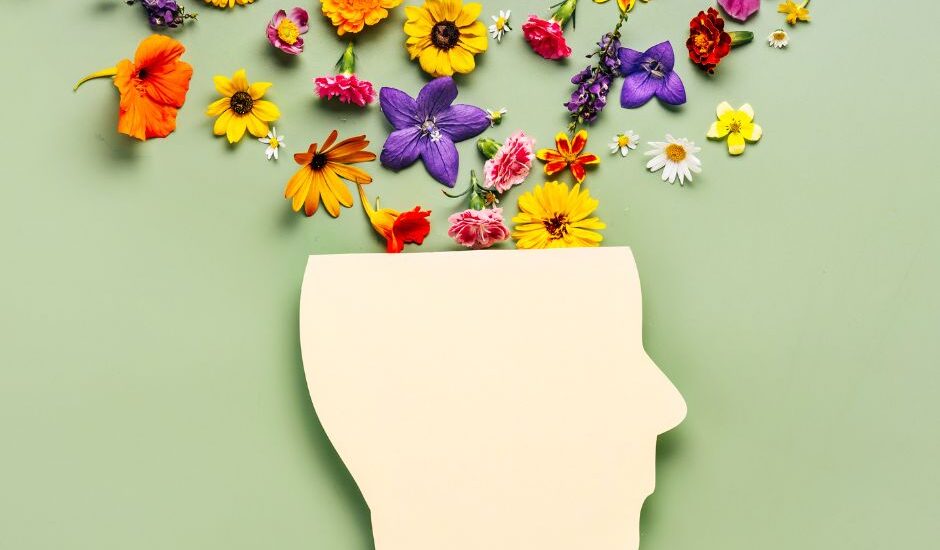It doesn’t matter what country; mental health is an issue that must be addressed as it has direct effects on society. According to Japan Health Policy Now, in 2017, an estimated 4.193 million people in the country had mental health issues, and this number is expected to continue increasing.

Furthermore, foreigners living or working in Japan might take some time to adjust to a different lifestyle, culture, or work environment. What’s more, not all locals readily accept people who aren’t like them. These factors can subtly pile up and lead to deteriorating mental health if not addressed.
This guide is aimed to help others facing mental health issues by directing them to professionals and providing some self-care options.
English-speaking mental health facilities
Let’s start with professionals and clinics in Tokyo that are equipped with the know-how to give you mental health assistance.
The Meguro Counseling Center in the Shibuya-Ebisu area of Tokyo is a counseling and psychology mental health service center that provides caring and compassionate professional English-speaking psychotherapy and Psychopharmacology-Integrated Psychotherapy by American therapists native to and professionally trained in the United States. If the distance is an issue, you can schedule phone or Skype calls with the center. Japanese medication prescriptions can then be conveniently mailed to your home anywhere in the country. The center is open Monday to Saturday, including national holidays, from 7:30 am to 12 noon and 6:45 pm to 11:15 pm.

The American Clinic Tokyo in Minato has a psychiatry clinic headed by Dr Andrew Kissane, an English psychiatrist and doctor. According to its website, it can assess and treat a wide range of conditions, such as anxiety disorders, depression, post-traumatic stress disorder, obsessive-compulsive disorder, and psychosis.
Meanwhile, the Roppongi Clinic is open on weekends and holidays and accepts Japanese Health Insurance. It is a psychiatric and mental health facility located in central Tokyo. “From consultations with experienced psychiatrists to prescription and herbal medications and sick leave certificates, we offer effective solutions for treatment and management of stress, anxiety, depression, sleep and adjustment disorders, ADHD, BPD, and more,” notes the clinic on its website.
Other mental health resources
Aside from mental health clinics, you can call Tokyo English Lifeline, which has been established to help those in need. You can even use their chat services if opening up is more comfortable this way.
Tokyo Counseling Services Bonds is another resource worth tapping if you are facing issues with diversity. “Counselors are with you here at BONDS to support you and understand the diversity such as cultures, gender, ASD, or other special needs,” notes its website. Tokyo and Kanto region residents can get counseling and therapy services in various languages like English, French, German, Korean, Chinese, and Portuguese.

Ways to ensure good mental health
If you aren’t keen on visiting a facility, there are simple ways you can boost your mental health with happy hormones. Take note that there is no universal formula for this, and it is a process of trial and error to find what activity or hobby works for you.
The simple act of going outside during the day and getting some sunlight is one tip to boost mental health. Exposure to sunlight is known to increase the brain’s release of serotonin which is the happy hormone. Others find starting their day with a cup of coffee as a key to jolt their systems into productivity and positivity.
Another trick is to do things that you enjoy or are passionate about, whether it’s reading, video editing, sewing, planting, exercising, baking, journaling, shopping for new clothes in Harajuku, visiting arcades in Akihabara, adding to your collection of anime figures, and so on.
At the same time, you might realize that there are certain aspects (or even people) in your life that are more toxic than beneficial. Perhaps what you need is some time off from the negativity to help your mental health recharge.
Sometimes, all it takes is changing one’s lens and focusing on the first steps and small achievements instead of being overwhelmed by the entire staircase or one’s life goals. Changing lenses can also mean seeing challenges and hardships as opportunities to grow and get stronger.
Whether it’s taking a home remedy approach or visiting a health facility in Japan, it’s reassuring to discover that there are many options to consider when it comes to taking care of our mental health. I sure hope that the suggestions above gave you some ideas worth trying.



